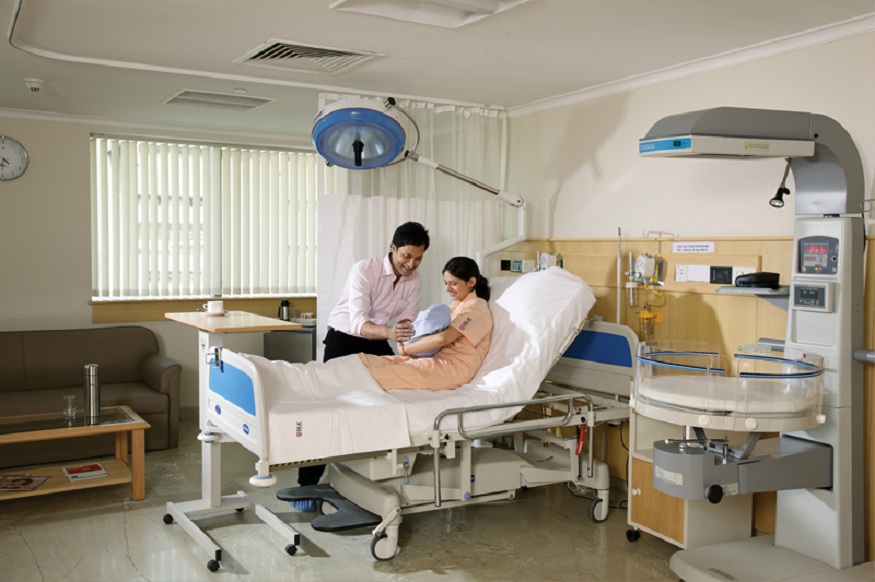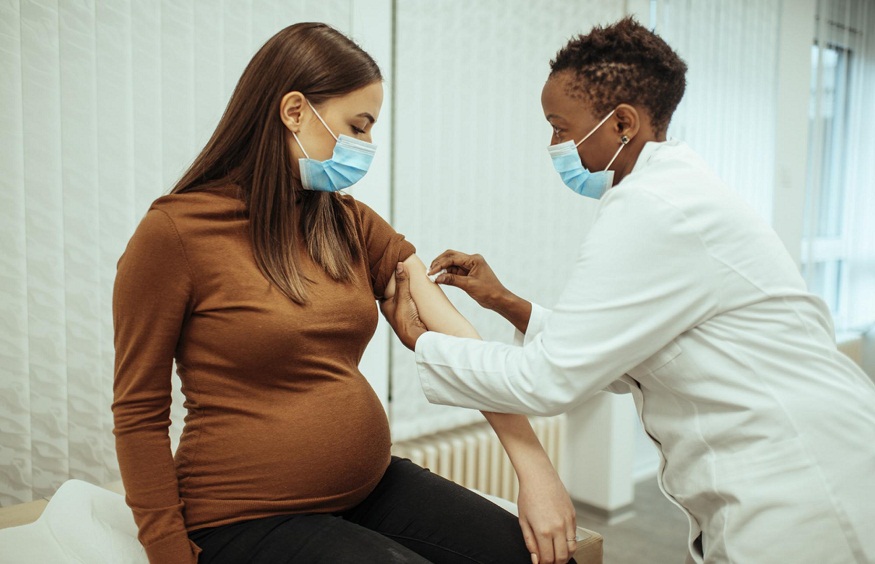As the due date approaches, it’s natural for expectant mothers to wonder how to recognise the early signs of labour. While every pregnancy is unique, certain symptoms may indicate the body is preparing for childbirth. Understanding these early labour symptoms can help you feel more confident and better prepared.
Mild, Irregular Contractions
One of the first signs of labour is mild, irregular contractions. Unlike the intense contractions experienced during active labour, these early contractions often feel like menstrual cramps or a tightening sensation in the lower abdomen. They may be infrequent and vary in intensity, sometimes disappearing with rest or a change in position.
Lower Back Pain
Many women experience persistent lower back pain as early labour begins. This pain may feel dull or achy and can radiate to the hips or thighs. Unlike typical backaches, this discomfort is often accompanied by other early labour signs, signalling that your body is preparing for delivery.
Pelvic Pressure
As the baby begins to descend into the pelvis, increased pressure is a common occurrence. You may feel a sensation of heaviness or fullness in your lower abdomen or pelvis. This pelvic pressure can make walking or standing uncomfortable, but it is a normal part of the body’s preparation for labour.
Light Vaginal Bleeding or Spotting
Light vaginal bleeding or spotting, often called “bloody show,” can occur when the cervix starts to thin and dilate. The discharge may be pink, brown, or slightly bloody. While this is generally normal, it’s important to contact your doctor if the bleeding is heavy or accompanied by severe pain.
Mucus Discharge
Along with spotting, an increase in mucus discharge is another sign of early labour. This discharge is the body’s way of clearing the cervix in preparation for childbirth. It may be thick, clear, or slightly tinged with blood.
Nesting Instinct
Many women experience a sudden burst of energy and a desire to organise or clean, often referred to as the “nesting instinct.” While not a physical symptom, this behavioural change can accompany early labour and reflect your body’s readiness for birth.
Diarrhoea or Nausea
Hormonal changes can cause digestive shifts in early labour. Loose stools, diarrhoea, or mild nausea can occur as the body prepares for delivery. Staying hydrated and eating light, easily digestible foods can help manage these symptoms.
Loss of Appetite
Some women notice a reduced appetite as labour approaches. This is related to hormonal changes that signal the body to focus energy on the upcoming birth rather than digestion.
Water Breaking
The rupture of the amniotic sac, commonly known as your “water breaking,” may happen before contractions begin or during early labour. The fluid may gush or trickle and can vary in colour from clear to slightly yellowish. Contact your doctor immediately if this occurs.
Emotional Changes
Mood swings, increased anxiety, or sudden bursts of excitement can accompany early labour. Emotional shifts are natural as your body and mind prepare for the major transition ahead. Support from loved ones and open communication with your healthcare team can help you navigate these feelings.
Final Thoughts
Recognising the early signs of labour can help you feel more in control and prepared as you approach childbirth. While these symptoms are common, every pregnancy is unique, and timing may vary. If you experience any concerning symptoms, such as heavy bleeding, severe pain, or reduced fetal movement, contact your doctor promptly. By staying informed and attentive to your body, you can enter labour with confidence, comfort, and support.
Looking for the best maternity hospital in Delhi for your pregnancy journey? At Apollo Cradle & Children’s Hospital, every mother is cared for with medical expertise and genuine compassion. With experienced specialists, modern facilities, and a supportive environment, the hospital focuses on making your pregnancy and delivery not just safe, but also comforting and memorable for you and your family.




